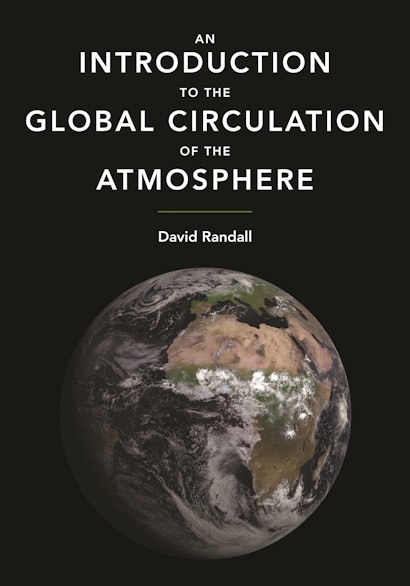An Introduction to the Global Circulation of the Atmosphere


Hardcover
- Price:
- $110.00/£92.00
- ISBN:
- Published:
- Jun 23, 2015
- Copyright:
- 2015
- Pages:
- 456
- Size:
- 7 x 10 in.
- 16 halftones. 194 line illus. 14 tables.
- Main_subject:
- Earth Science
ebook
This is a graduate-level textbook on the global circulation of the Earth’s atmosphere—the large-scale system of winds by which energy is transported around the planet, from the tropical latitudes to the poles. Written by David Randall, one of the world’s foremost experts on the subject, it is the most comprehensive textbook on the topic. Intended for Earth science students who have completed some graduate-level coursework in atmospheric dynamics, the book will help students build on that foundation, preparing them for research in the field.
The book describes the many phenomena of the circulation and explains them in terms of current ideas from fluid dynamics and thermodynamics, with frequent use of isentropic coordinates and using the methods of vector calculus. It emphasizes the key roles of water vapor and clouds, includes detailed coverage of energy flows and transformations, and pays close attention to scale interactions. The book also describes the major historical contributions of key scientists, giving a human dimension to the narrative, and it closes with a discussion of how the global circulation is evolving as the Earth’s climate changes.
- The most comprehensive graduate-level textbook on the subject
- Written by one of the world’s leading experts
- Connects global circulation and climate phenomena
- Addresses energy, moisture, and angular-momentum balance; the hydrologic cycle; and atmospheric turbulence and convection
- Emphasizes the energy cycle of the atmosphere; the role of moist processes; and circulation as an unpredictable, chaotic process
- Helps prepare students for research
- An online illustration package is available to professors